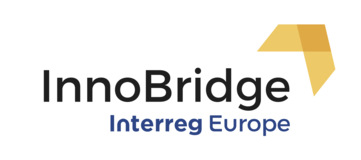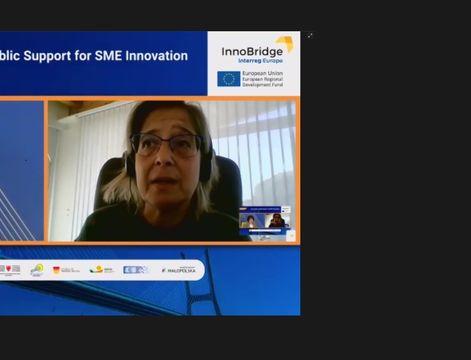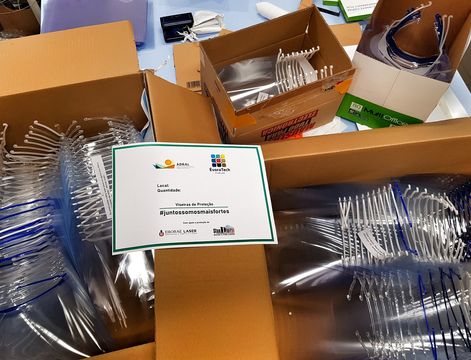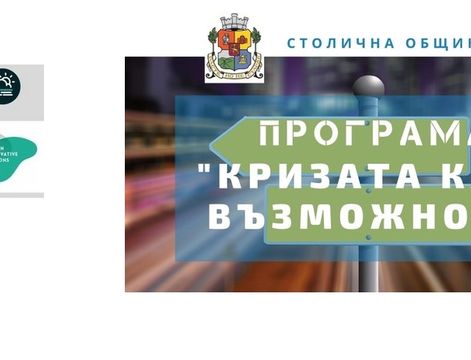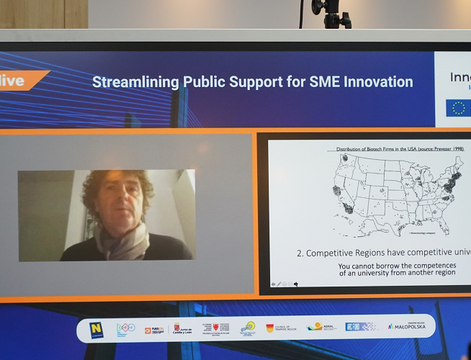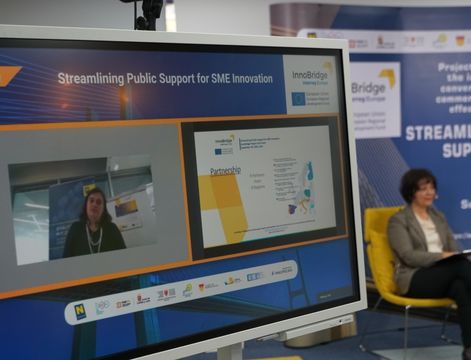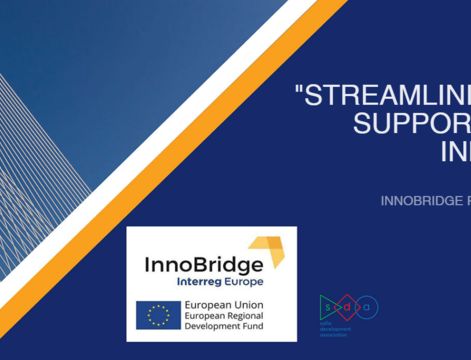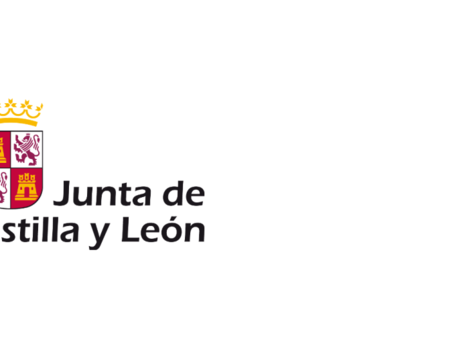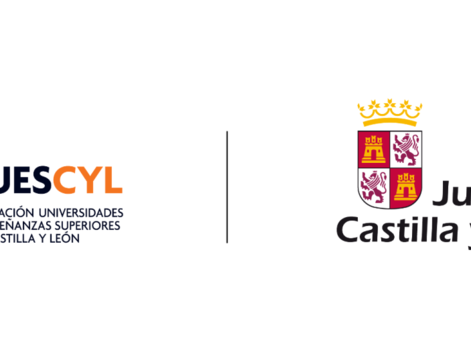The lifecycle of a product is a chronological process that goes from when it was first thought of until it is finally removed from the market. The first stages of this process are full of unknowns, uncertainties and a lot of risk that can be limited or reduced by testing with prototypes. Working with prototypes allows to verify the degree of acceptance of a new product or service, its production possibilities, its costs and its performance to try to reduce the failure rates and advance towards a good alignment with the market.
The realization of prototypes facilitates the reflection and decision-making related to the viability of an idea, and, based on the first responses from the clients, allows to determine the target market, the forecast of demand and the needs of production. It also allows to identify competitors and even search for possible partners, investors or collaborators.
The ultimate goal is to check the success possibilities in the initial or pre-production phases in order to prioritize efforts, avoid failed investments, look for collaborators and also to generate new ideas or improve the original ones.
Castilla y León: a Good Practice from a single university successfully transferred to the entire regional university system
A system to control a wheelchair with the head movements, a device to facilitate the reading of hospital ultrasound scanners, a platform capable of integrating all home automation systems into a single device or an app to automatically alert relatives or emergency services in the case of the fall of an elderly person, are just some examples of recent prototypes developed in the universities of Castilla y León with the objetive of bringing their research work closer to the needs of society.
All of them have been realized by students and researchers within the framework of the University-Business Knowledge Transfer Plan (known as TCUE Plan because of its Spanish acronym); developed by the Regional Ministry for Education of Castilla y León and coordinated by FUESCYL since 2018.
The TCUE Plan has been a very important boost for linking universities with enterprises in Castilla y León concerning three major areas: 1) consolidating the university structures for knowledge transfer; 2) matching supply with demand to promote knowledge transfer and 3) establishing knowledge-based companies.
The TCUE Plan has also served to transfer some individual good practices to all the regional universities; as it has been case of the prototypes realized by university students. This initiative was initially developed by the Pontifical University of Salamanca through its initiative “Innovation Club” few years ago and, afterwards, the TCUE Plan has driven these market-oriented prototypes programmes in the rest of the regional universities through ad hoc calls to face the expenses of their realization. Currently, based on the “Innovation Club” initiative, the Universities of Burgos, León, Salamanca, Valladolid, European Miguel de Cervantes and Catholic Ávila now have their own market-oriented prototypes programmes.
Throughout these years, participation in this type of activities has been fully consolidated, reaching an annual average of approximately fifty prototypes developed by university students at regional level. In addition, the progress of these programmes explains part of the parallel launch of the activity of the regional universities in relation with the protection of intellectual property. Since launch of the TCUE Plan, the regional universities have quadruple the annual rate of patent applications and software registrations.
Convinced of the appropriateness of the bet, the managers of the TCUE Plan have extending the experimentation prototypes towards new actions that aim to link university technologies directly with the creation of Spin-off through advisory processes, some economic support and, as novelty, through the realization of proof of concepts or fully functional prototypes that allow to reach the last step prior to the actual incorporation into the market.
Currently, the experimentation with prototypes is translated into regular and periodic calls, which aim at solving specific needs of companies or the market. They are addressed to both university students and researchers and are compatible with the realization of the Degree, Master or PhD theses. Additionally, the business presence in orientation or tutoring tasks is prioritized.
The result of the market-oriented prototypes programmes in the universities of Castilla y León is not only the tangible implementation of an idea or a research line, but it is also a very good business card, that in the case of students can even be a first step towards the labour market. A first step in which the prototype, usually protected by industrial register, constitutes an outstanding letter of recommendation or even the way to embark on a business venture on its own by creating a Spin-off.
More information here.
